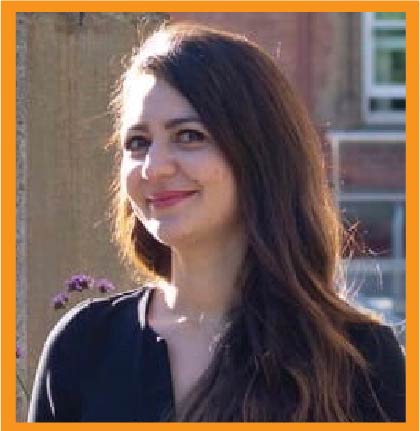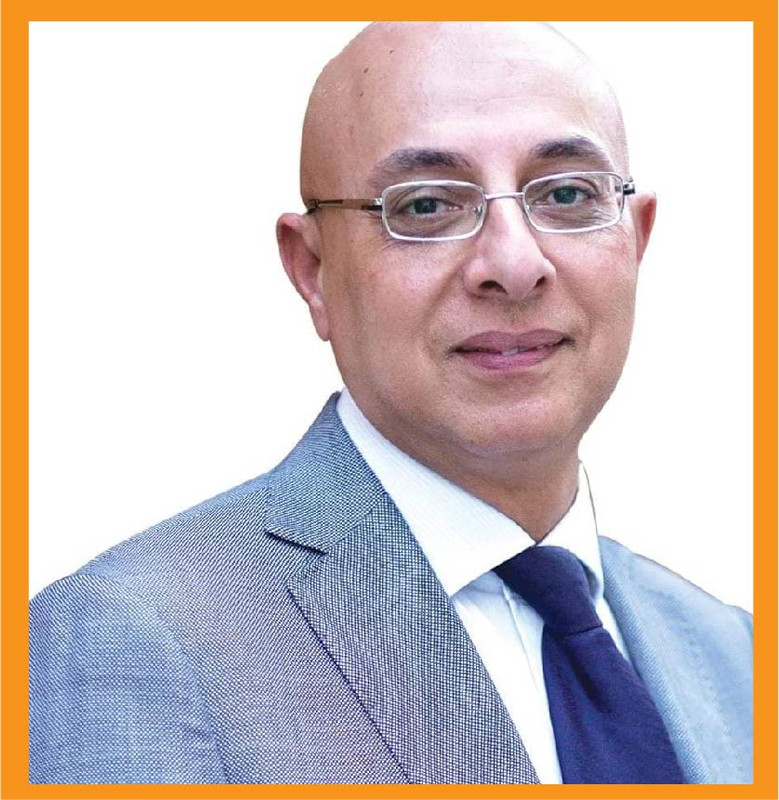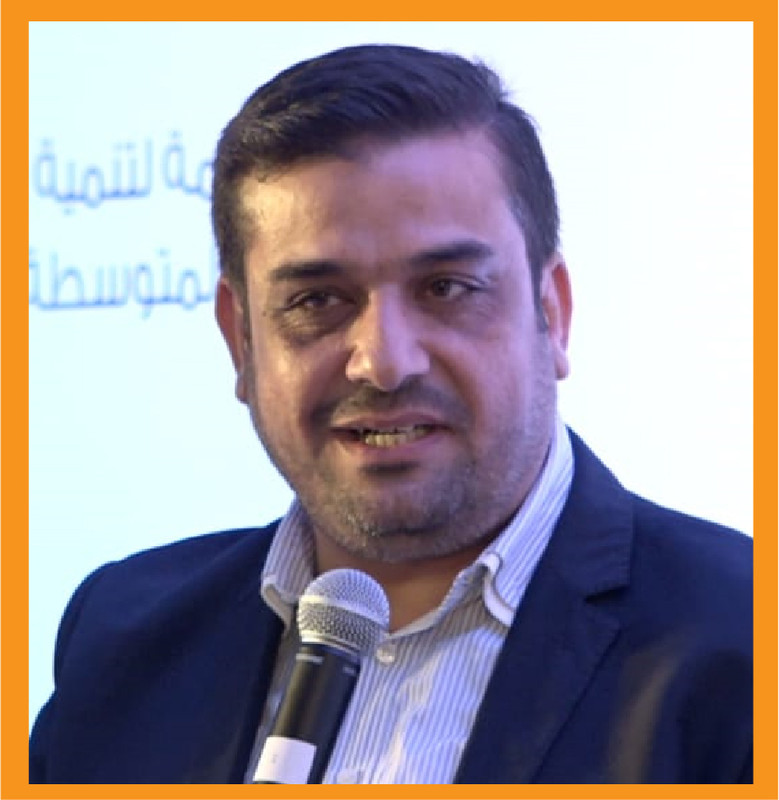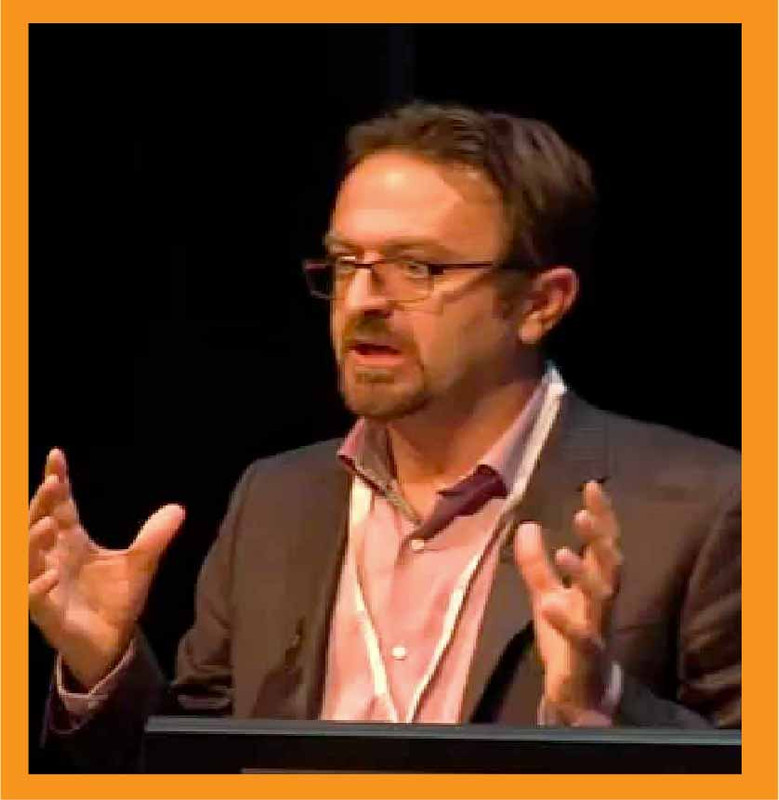Dr. Nesrine Kaaniche

Nesrine Kaaniche is an Associate Professor in Cybersecurity and data privacy at Polytechnic Institute of Paris, Telecom SudParis, France, and an adjunct member of the Chair Values and Policies of Personal Information of Institute Mines
Telecom, France. Previously, she ws a Lecturer in Cybersecurity at the University of Sheffield, UK, affiliated with the Security of Advanced Systems group and an international fellow at Stanford Research Institute International, Menlo Park, California,
USA.
Her major research interests include Privacy Enhancing Technologies and applied cryptography for distributed systems and decentralised architectures, i.e., IoT, fog, clouds and blockchains.
Nesrine has published more than 40 research papers in highly ranked scientific journals and conferences within the cybersecurity and cryptography field. She has also established several research collaborations with internationally leading partners and
top research centers, namely IBM, USA, the University of Auckland, NZ and Orange, France.
Dr. Tareq Rasheed

Experts in: Education, Leadership, Innovation Management, and Change
Management
Ph.D. Civil Engineering, Project
Management Professional (PMP Certified), Value Management Certified by SAVE
International, USA. Tareq is an International Consultant and trainer and works
with three main institutes of the United Nations, ITC (International Training
Center of ILO, Turin, Italy), UNITAR (Institute of Training & Research,
Geneva-Switzerland), and GYLA(Global Youth Leaders Academy, Turin- Italy).
Dr. Tareq is also an academic lecturer and works with several universities on
professional diplomas for local and international markets such as Hamdan Bin
Mohammad Smart University, Dubai- UAE, Talal Abu Ghazaleh University and TAG
International Group, Amman- Jordan, Management Development Institute of
Singapore, Singapore, and Sultan Qabbos University, Muscat- Oman.
Dr. Muatasim Ismaeel

An experienced management consultant, trainer and researcher with 14+ years of experience. As a management consultant trainer, Muatasim has a track record of successfully completing projects for large-scale organizations in the GCC region
. He has extensive experience in the development and delivery of training modules and programs aimed at executives and professionals. He designs and delivers training in the areas of Leadership, Strategic Planning, Innovation, Change Management,
Futures Studies, and E-transformation ensuring that training programs and materials are suited for the strategic goals and learners’ needs.
Muatasim's areas of expertise also encompass conducting independent research and supervising students in their professional diploma programs. He builds on research methods and theories from philosophy, linguistics, sociology, economics, and organizational studies to develop a rich understanding of business and social phenomena. His
passion is to contribute to knowledge through original research and dissemination of knowledge to help learners maximize their potential.
Dr. Shamal Mohammed

Dr Shamal Mohammed is one of the UK’s leading experts in digital agriculture. He is Chief Technical Officer at Agri-EPI Centre, one of the UK’s four Centres of Agri-Tech Innovation. In this role, he drives Agri-tech innovation through engagement with
farmers and technology providers to develop, market and upscale digital products and services to improve food production systems and environmental sustainability.
Shamal has strong expertise in technologies including smart sensors, earth observation, drones, and robotics and automation and their application in the UK and international settings, including on Agri-EPI-led Smart Farms in China and Paraguay. He is
currently directing the UK Government-supported UK-China Smart Farm project, which began in 2018 and has already resulted in two new Agri-tech products being introduced to the Chinese market.
Before joining Agri-EPI Centre, Shamal held several senior Agri-tech related roles. He was Regional Manager and Head of Integrated Crop Technologies with Agrii; worked as a consultant for the Origin Enterprises PLC to develop digital agronomy capabilities.
Between 2010 and 2104, he was Research Manager with the Agriculture and Horticulture Development Board (AHDB). The common theme throughout Shamal’s career to date is a focus on maximising the application and adoption of smart technologies and precision
farming for a better crop, soils, and resource management.
Shamal is often called upon to present at high profile forums and events, including the G20 meetings in Japan in 2019 and this year’s G20 meeting in Saudi Arabia
.
